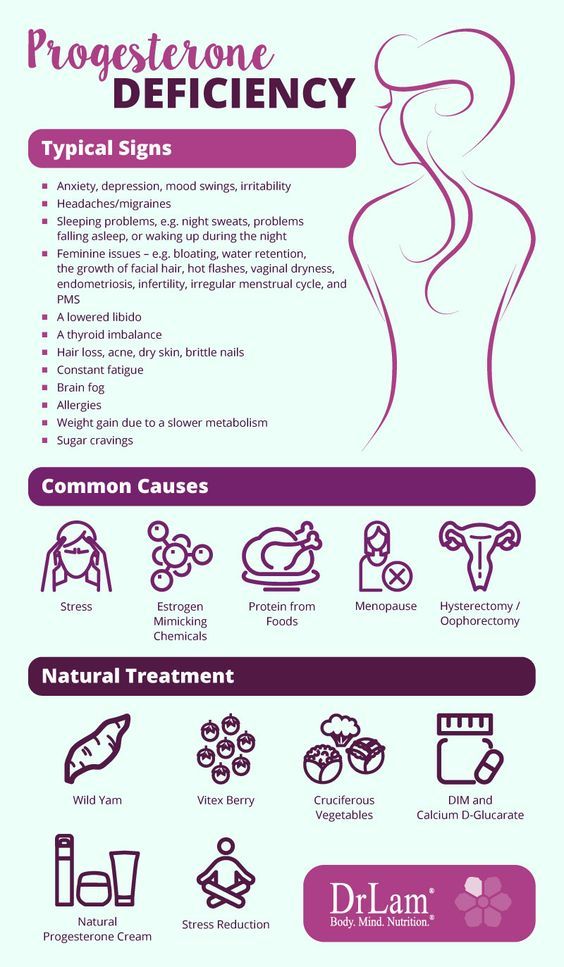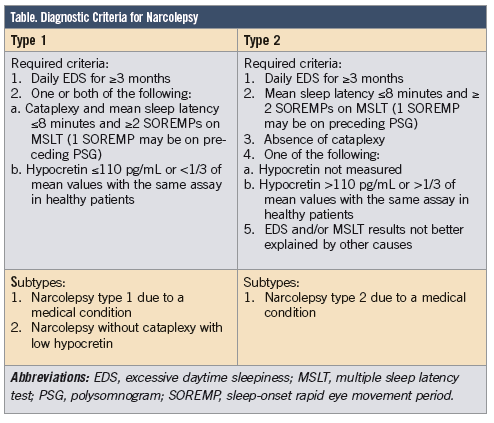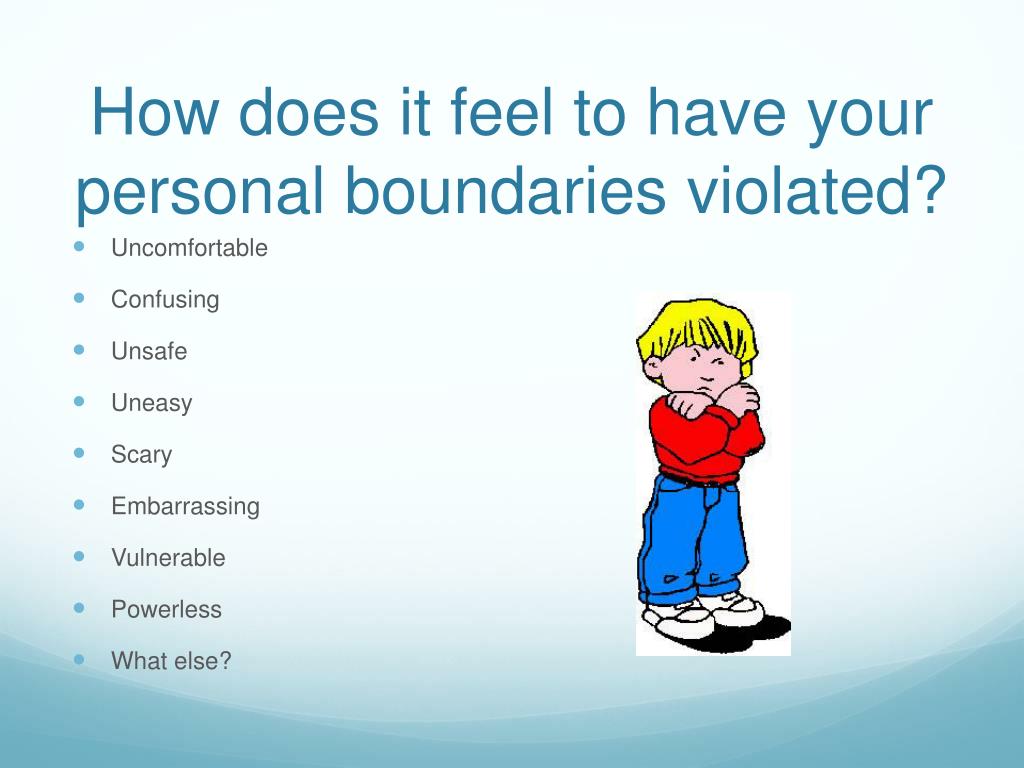Define mood swings
What are Mood Swings and How to Manage Them
Experiencing a fluctuation of emotion for long periods is known as a mood swing. Some indications that you might be going through mood swings are extreme low moods for an extended period of more than two weeks, signs of feeling ups and downs, and the inability to explain why you feel a certain way.
“There are many different reasons why someone might be experiencing mood swings, and there could be varying triggers that have caused them,” says Angie Amonett, Therapist at Centerstone. Mood might change due to adjustments in your diet, trouble in sleep schedule, stress, weather, substance use, or trauma. It is important to pay attention to patterns in behavior because abnormal behaviors might indicate that something is going on.
There might be a concern present when your mood interrupts your daily functionality, and it might be helpful to try and reflect on your recent behaviors. “If your symptoms begin to interfere with day-to-day activities, it might be time to reach out for help,” says Amonett. You may not know that you are experiencing symptoms, but you can ask yourself questions like, Have I experienced any physical changes in my body or the way I behave? Have I recently felt stuck in my mood? Have my experiences become harder to deal with?
Mood swings might be difficult to manage but here are some steps you can take to help ease them:
- Talk to your doctor. “If your mood swings become harder and harder to deal with, it might be time to talk to your primary care physician and see what they recommend. There is help out there for you,” says Amonett. It’s important to go to your doctor to rule out anything physical that might be going on.
- Therapy. Once the physical aspect has been ruled out, consider seeking treatment to help you through your mental health struggles. Treatment through therapy is another useful tool to learn better coping skills and ways to process the emotions that you experience through your mood swings.

- Social Support. Staying socially engaged with friends and family is extremely important. Try to avoid isolation and stay in contact with a trusted individual. Having these connections will make it easier when you find yourself more likely to get depressed or anxious.
- Adjust your diet. Try to take the time to adjust to healthier diet options. Food is fuel, and eating junk food too often might impact your mood, and increase fatigue or other physical symptoms. Do research and try to find healthy alternatives that appeal to you.
- Get regular exercise. Exercise is good for you, and it’s important to get movement where you can. That doesn’t mean you have to do heavy lifting at the gym, but maybe try to go for a walk every day. Integrate exercise into your routine to ensure you are taking the time for your health.
- Make time for sleep. Getting good sleep is imperative to your health and daily function.
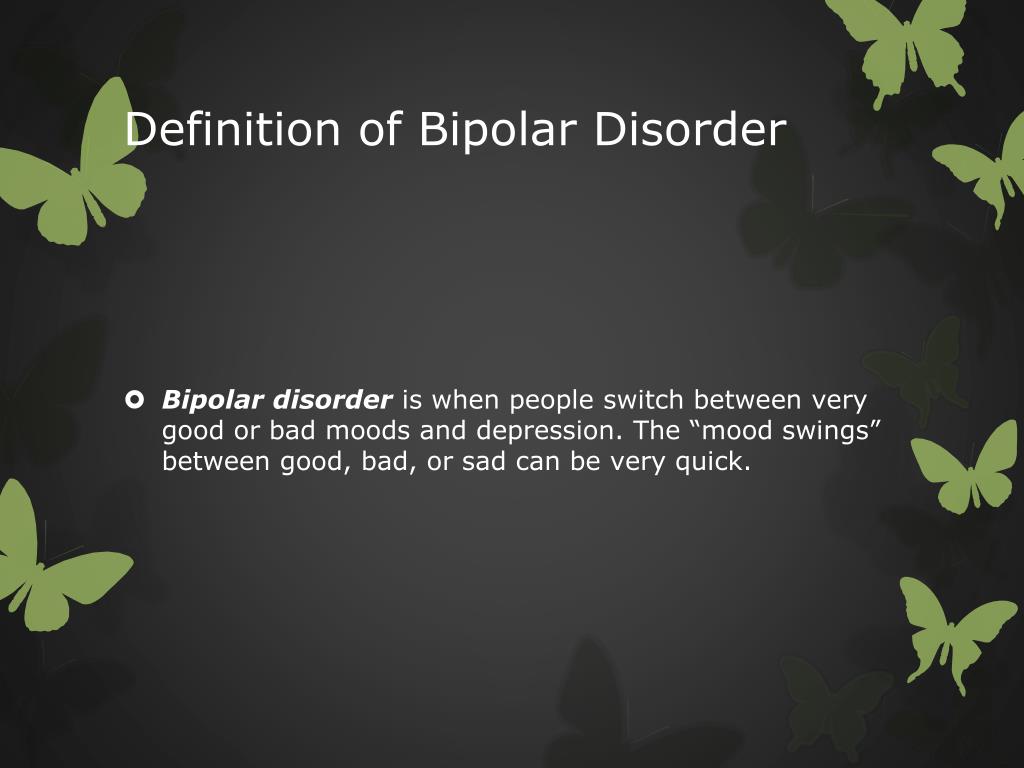 Sleep is a time to recharge your body, and when you get too much or too little sleep you are not allowing your body to get what it needs to function. Make time in your schedule that allows you to sleep for the recommended seven to eight hours each night.
Sleep is a time to recharge your body, and when you get too much or too little sleep you are not allowing your body to get what it needs to function. Make time in your schedule that allows you to sleep for the recommended seven to eight hours each night.
Managing your mood swings might be a difficult process, but you are not alone. Reach out for help when you notice the signs and encourage others who might be struggling to do the same.
If you or someone you know needs assistance managing mood swings, Centerstone can help. Call 1-877-HOPE123 (1-877-467-3123) for more information.
Location Finder
Know someone who can benefit from these tips? Share this article with them on social media.
If you are in crisis, please call our crisis line, call 911 or visit the nearest emergency room.
If you're still having trouble and would like to reach out to someone about counseling or other Centerstone services, contact us.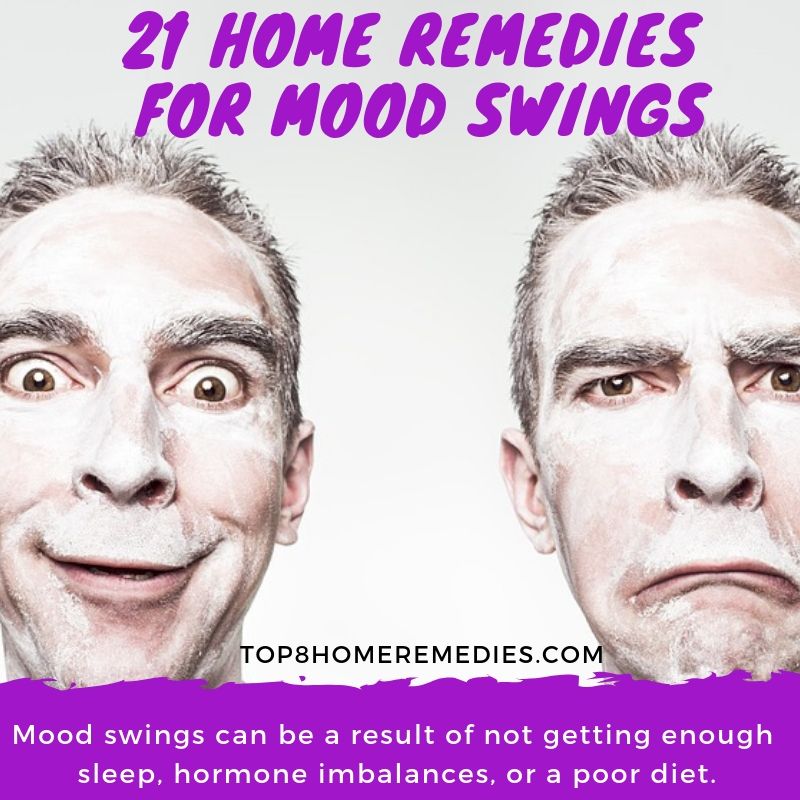
What are they? Causes in males and females, and more
A mood swing is a sudden or intense change in emotional state. During a mood swing, a person may quickly switch from feeling happy and upbeat to feeling sad, irritable, or angry.
In this article, we discuss the most common causes of mood swings in males and females, and we list treatment options and tips for prevention.
Often, lifestyle factors play a role in the onset of mood swings. People may have sudden changes in mood if they are:
- experiencing a significant life change, such as moving home or changing job
- feeling stressed or overwhelmed
- not getting enough sleep
- not eating healthily
- taking medications that impact mood or sleep
Regular and severe mood changes, however, can indicate an underlying condition. Some conditions that lead to mood swings can affect both males and females, while some affect females only.
Common mood-altering conditions that affect either sex include:
Bipolar disorder
Bipolar disorder is when someone experiences periods of extreme emotional highs (mania) and lows (depression).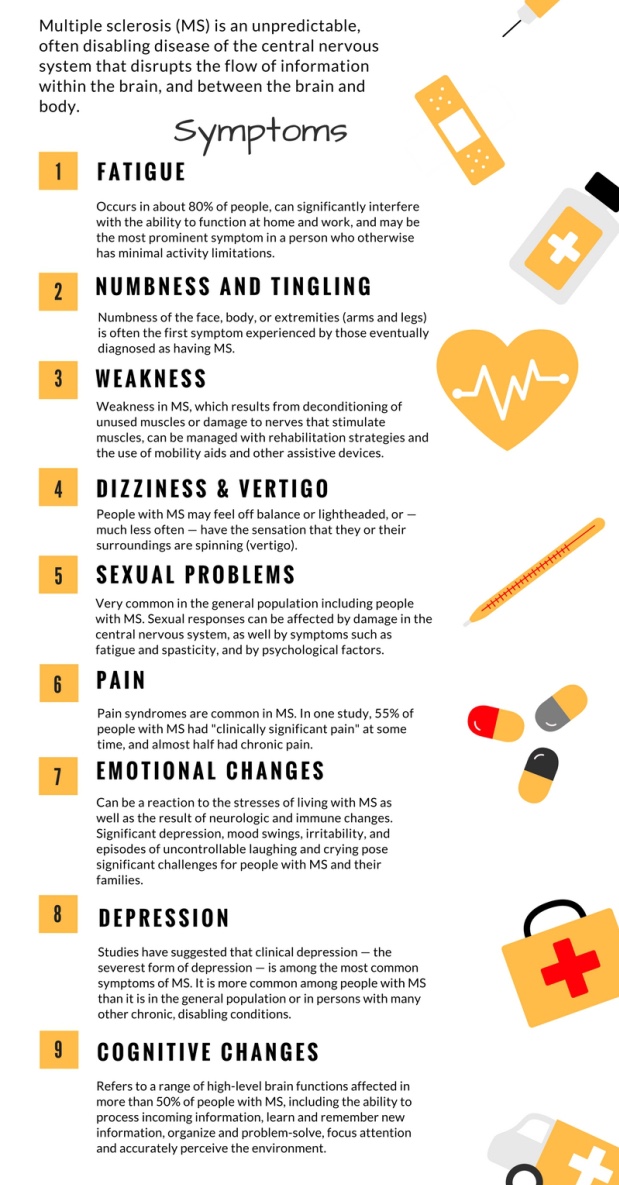 These highs and lows may occur rarely or several times each year.
These highs and lows may occur rarely or several times each year.
According to the National Institute of Mental Health, 4.4% of adults in the United States will experience bipolar disorder at some point in their lives.
Major depressive disorder (MDD)
MDD affects more than 16.1 million adults in the U.S. and is more common among women than men. People with MDD experience persistent feelings of sadness and a loss of interest in things they usually enjoy.
Depression affects a person’s mood, everyday life, and relationships. Most people with depression experience several episodes of low mood during their lives. However, they may have periods of happiness and good mood in between.
Cyclothymia
Cyclothymia, or cyclothymic disorder, is when someone experiences emotional highs and lows. It is similar to bipolar disorder but is less severe and less frequent.
Persistent depressive disorder (PDD)
This form of depression was previously known as dysthymia. People with PDD experience long-term feelings of low mood that persist for at least 2 years.
People with PDD experience long-term feelings of low mood that persist for at least 2 years.
PDD symptoms are not as severe as those of MDD, but they can significantly impact a person’s life and relationships. The condition affects approximately 1.5% of adults in the U.S. each year.
Borderline personality disorder (BPD)
Someone with BPD can experience intense mood swings and self-image issues, and they can have difficulty managing their behavior. Those with BPD have an intense fear of abandonment and tend to have unstable relationships.
According to some studies, 5.9% of people will experience BPD at some point in their lives.
Other mental health conditions
Other mental health disorders that can contribute to mood swings include:
- Schizophrenia: People with schizophrenia have hallucinations or delusions that cause them to experience an altered state of reality. Schizophrenia significantly impacts quality of life.
- Attention-deficit hyperactivity disorder (ADHD): Children and adults with ADHD can struggle to manage their emotions, leading to mood swings.
 Other symptoms include impulsiveness, hyperactivity, and difficulty paying attention.
Other symptoms include impulsiveness, hyperactivity, and difficulty paying attention. - Disruptive mood dysregulation disorder (DMDD): DMDD is a childhood condition where the person experiences intense moodiness, including anger, extreme irritability, and temper outbursts. These symptoms must persist for 12 months or more for a diagnosis of DMDD.
Substance misuse or abuse
Excessive use of alcohol or drugs can affect mental health and lead to significant changes in mood.
Physical health conditions
Physical health conditions, especially chronic or terminal illness, can have a major effect on a person’s mood. These changes can be direct (through alterations in hormones or brain function) or indirect (by triggering depression or anxiety).
Examples of physical ailments that can lead to mood swings include:
- Alzheimer’s disease
- coronary heart disease
- diabetes
- epilepsy
- HIV
- multiple sclerosis (MS)
- Parkinson’s disease
- rheumatoid arthritis
- stroke
- thyroid disorders
Learn more about how MS can cause mood swings here.
Hormonal shifts can lead to significant changes in mood. Females tend to be more prone to symptoms of hormonal changes than males, particularly during menstruation, pregnancy, and menopause.
Common causes of mood swings in females include:
Premenstrual syndrome (PMS)
PMS causes many symptoms just before the onset of a menstrual period. These include:
- mood swings
- bloating
- breast tenderness
- depression
- fatigue
- food cravings
More than 90% of women report experiencing some PMS symptoms.
Premenstrual dysphoric disorder (PMDD)
PMDD is a more severe form of PMS. It affects up to 5% of women of childbearing age. It often co-occurs with depression or anxiety.
Symptoms include extreme changes in mood, persistent irritability or anger, and depression or anxiety. It also causes physical symptoms that are similar to those of PMS.
Mood swings in pregnancy
Hormonal changes in pregnancy can cause sudden shifts in mood, as well as feelings of anxiety and vulnerability. Physical changes may also influence a woman’s emotions.
Physical changes may also influence a woman’s emotions.
These mood changes may be more apparent during the first trimester and level off once the body has adapted to fluctuating hormone levels. However, some women will experience mood swings throughout their pregnancy.
Menopause
Menopause is a natural life transition where a person’s menstrual cycles end. It typically happens to women in North America between the ages of 40 and 58, but the average age is 51.
According to the North American Menopause Society, up to 23% of women experience mood changes during or after menopause. Other symptoms include hot flashes, sleep problems, and loss of libido.
Treatment is not typically necessary for occasional mood swings that are mild to moderate and do not impact a person’s quality of life.
However, if severe or persistent mood swings occur, they can indicate an underlying condition that may benefit from treatment. The treatment will depend on the underlying cause.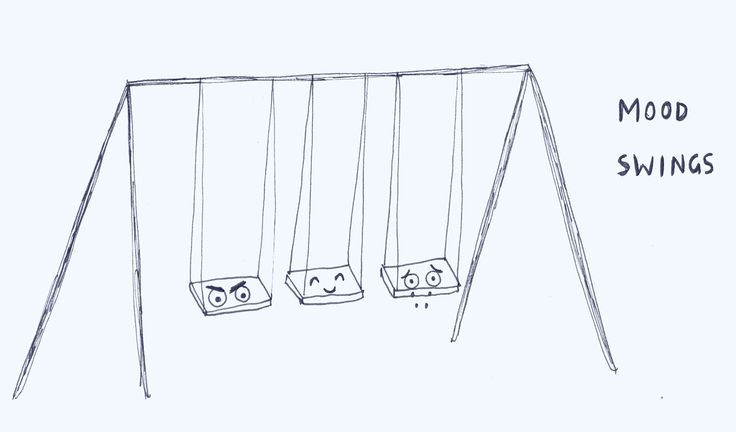 Options include:
Options include:
Psychotherapy
If mood swings result from a mental health condition, therapy may help, especially if changes in mood impact everyday life or relationships. Therapy can help people:
- better manage their emotions
- work on issues that contribute to mood swings
- understand the link between thoughts, feelings, and behavior
- learn more helpful coping skills
- improve communication skills, which can benefit relationships
Therapy can also help those with a chronic or terminal physical illness deal with their situation and better manage their emotions.
Medication
A doctor may prescribe medication to treat the symptoms of mental health conditions, such as depression or schizophrenia, which can contribute to mood swings. These options include:
- antianxiety medications
- antidepressants
- antipsychotic drugs
- sleep aids
Treating physical conditions, such as a thyroid disorder, with medication may also reduce mood swings.
Lifestyle changes
Lifestyle changes, whether alone or in combination with other treatments, can improve mood. People may see benefits from doing one or more of the following:
- creating a sleep schedule and aiming for 7–9 hours’ sleep every night
- eating a healthful diet and having meals at regular times
- engaging in regular physical activity
- managing stress through meditation, mindfulness, yoga, or other sessions
- keeping a journal to track changes in mood and potential triggers for those changes
- maintaining an active social life and connecting with family and friends regularly
Individuals should see their doctor if their mood swings are:
- regular
- intense
- persistent (lasting for more than a few days)
- affecting their work, relationships, or other aspects of their life
- causing them to engage in risky behaviors
- causing them to have thoughts of self-harm or suicide
In most cases, a person’s emotions will level out within a few hours or days. If mood swings occur as the result of an underlying mental or physical health issue, then treating the condition can help people manage their emotions.
If mood swings occur as the result of an underlying mental or physical health issue, then treating the condition can help people manage their emotions.
Mental health disorders typically respond to psychotherapy, medication, lifestyle changes, or a combination of all three. Sometimes, it may take time to find the best treatment plan to alleviate symptoms.
Many of the techniques that help people manage their mood can also help prevent mood swings. These include:
- creating and sticking to a daily routine
- enjoying a healthful diet
- getting enough sleep
- exercising regularly
- finding ways to manage stress and eliminate its sources where possible
- keeping a mood journal
- socializing with others, including family and friends
- reaching out and talking to someone in times of stress or crisis
- seeking treatment if symptoms of mental health issues arise
- following a treatment plan following a diagnosis of a mental health disorder
Occasional mild-to-moderate mood swings are a normal part of life. They may be more common during certain times, for instance, when significant life changes take place, or hormonal fluctuations occur due to menstruation and pregnancy.
They may be more common during certain times, for instance, when significant life changes take place, or hormonal fluctuations occur due to menstruation and pregnancy.
Intense, long lasting, or recurring mood swings can suggest an underlying issue. In these cases, it is best to see a healthcare provider. A doctor or mental health professional may diagnose these conditions and recommend a course of treatment.
With treatment, most people with mental health issues can learn to manage their emotions and improve their quality of life.
Mood swings - is it a "bad" character or a disease?
Mood swings (emotional lability, mood instability) sometimes become the reason that leads to a psychotherapist. And women are much more likely than men.
Changes of mood bring a lot of trouble to the person himself and his relatives. It is difficult to endure the ease of transition from laughter to tears, causeless resentment, irritability, increased excitability in some cases, and incomprehensible coldness and alienation in others.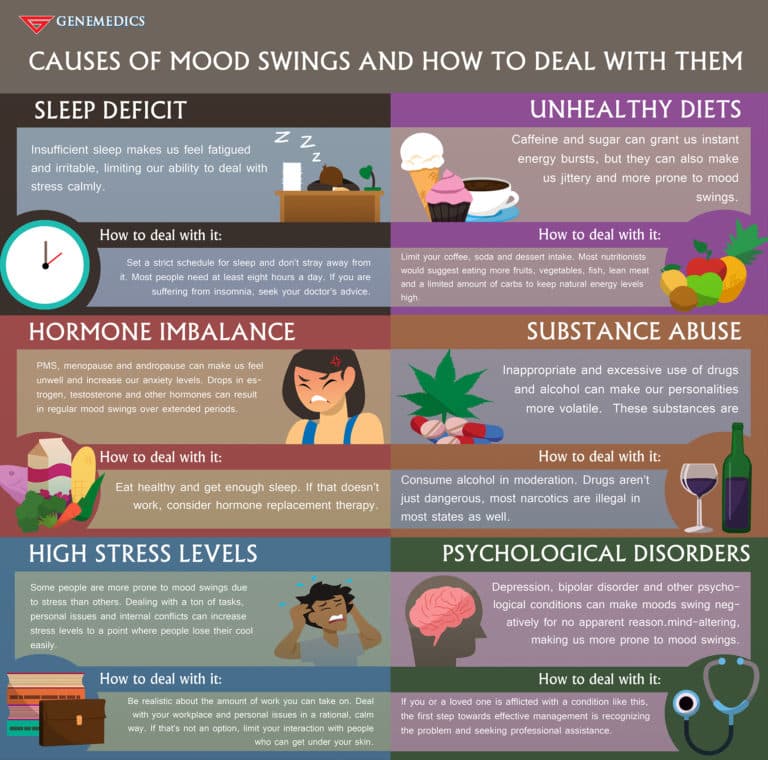 Changeable mood affects relationships, shading them with unpredictability.
Changeable mood affects relationships, shading them with unpredictability.
Psychotherapist Olga Baranova will help you cope with mood swings and find out the reasons for this emotional state.
Suffering from violent mood swings, feels as if on a swing - in just a few minutes, the feeling of happiness is replaced by the deepest despair. Mood swings are always unpredictable, sometimes independent of the situation, and emotions are almost never controllable. Periods of recovery can be replaced by deep depression.
The causes of mood swings are associated with various factors. Hormonal imbalance (malfunction of the endocrine system) due to menopause, pregnancy, hypothyroidism and other biological and physiological problems has a pronounced effect on the emotional background. The condition is aggravated by lack of rest, fatigue, overeating, smoking and alcohol.
Another common cause of emotional instability is stress and psychological stress at work and at home. For example, a lack of understanding between spouses or parents and children can exacerbate the situation. Marriage problems can cause stress and emotional distress.
For example, a lack of understanding between spouses or parents and children can exacerbate the situation. Marriage problems can cause stress and emotional distress.
The role of biological factors is established by laboratory research. Various medications are used in the treatment.
The role of psychological factors is established in the process of communication with a psychotherapist. When the mobility and instability of mental processes is a personality trait (what is colloquially called a “bad” character), psychotherapy is used in treatment.
The instability of the emotional background in adults can be traced from childhood. Up to a certain age in a child, the processes of excitation and inhibition in the nervous system are not balanced. As the growth progresses, these processes level off. But for some reason, in some people, the restraining centers either do not form at all, or they suddenly begin to “fail”.
In the first case, we are talking about the "neuroticization" of the personality, in which the process of maturation of mental structures is distorted or inhibited.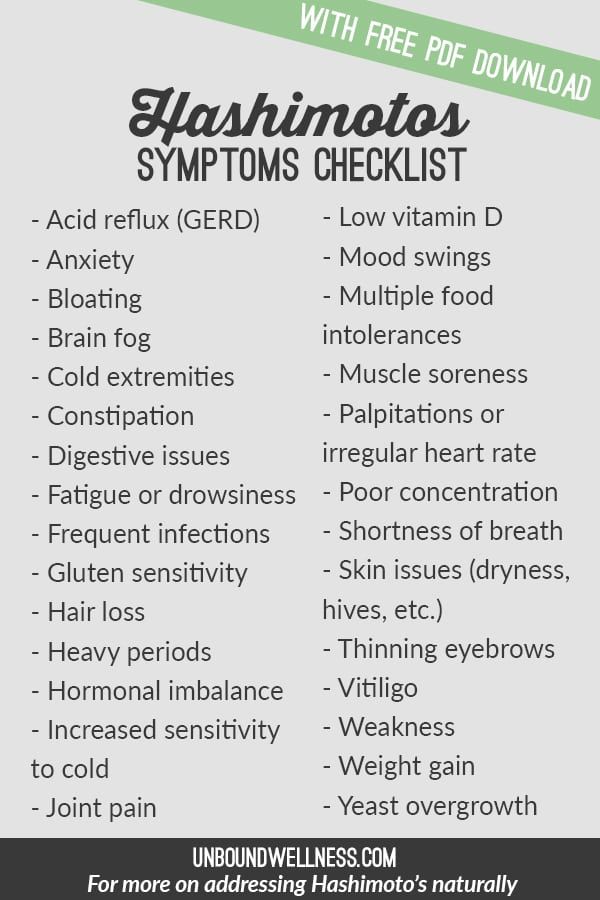 In the second case, the "refusal" to restrain one's emotions indicates that a neurosis has manifested itself - a temporary painful reaction to a psychologically difficult or stressful situation. Psychotherapeutic strategies in these two cases will be different. With personal distortions or accentuations, one has to work with a psychotherapist for a long time and slowly in order to “grow” the missing structure that will help keep emotions under control. In the second variant, such a psychological defense mechanism as regression is most often “to blame” - the process of returning to the earliest stages of development, which at one time were not adequately overcome. Accordingly, it is necessary to first find out and study what caused the “failure”, and then, together with the psychotherapist, overcome (as if “darning”) the gap.
In the second case, the "refusal" to restrain one's emotions indicates that a neurosis has manifested itself - a temporary painful reaction to a psychologically difficult or stressful situation. Psychotherapeutic strategies in these two cases will be different. With personal distortions or accentuations, one has to work with a psychotherapist for a long time and slowly in order to “grow” the missing structure that will help keep emotions under control. In the second variant, such a psychological defense mechanism as regression is most often “to blame” - the process of returning to the earliest stages of development, which at one time were not adequately overcome. Accordingly, it is necessary to first find out and study what caused the “failure”, and then, together with the psychotherapist, overcome (as if “darning”) the gap.
An example is the case of a young woman who, after giving birth, became "terribly" irritable with "continuous mood swings". As it turned out, it was not the hormonal background that was to blame.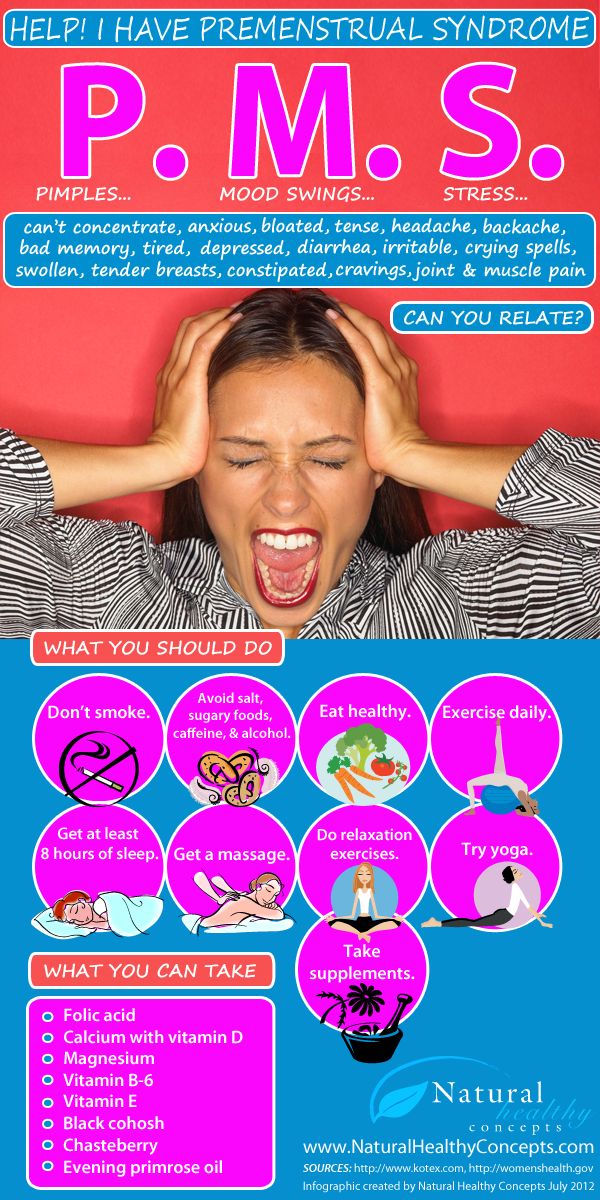 Accustomed to leading a solitary life and "retreating" often for work or solo travel, she suddenly found herself in a situation that forced her to be constantly in contact with the child. Irritation arose whenever, out of habit, she could not hide "somewhere in a corner" where no one sees her and calm down there.
Accustomed to leading a solitary life and "retreating" often for work or solo travel, she suddenly found herself in a situation that forced her to be constantly in contact with the child. Irritation arose whenever, out of habit, she could not hide "somewhere in a corner" where no one sees her and calm down there.
Mood swings is a fairly common type of mental disorder. In a short period of time, a person can experience a state of all-consuming happiness, which is abruptly replaced by a feeling of depression, feelings of resentment, guilt, as well as irritability and anger. During the day, the emotional background is constantly changing, which leads to increased fatigue. A person who is characterized by mood swings has practically no opportunity to control his inner world, he is conflicted and often reacts to what is happening more aggressively than the situation requires.
Several common factors that can cause mood swings :
- Inability to live in the present moment.
 In this case, a person constantly falls out of the “here and now” throughout the day. Memories of negative situations of the past can be replaced by feelings and anxiety for the future. It is very problematic for such people to concentrate on what is happening in reality.
In this case, a person constantly falls out of the “here and now” throughout the day. Memories of negative situations of the past can be replaced by feelings and anxiety for the future. It is very problematic for such people to concentrate on what is happening in reality. - Unmet needs. If a person has severely disturbed contact with his inner world, he may be characterized by a constant suppression of his own needs and desires, which is perhaps the most common cause of a bad mood.
- Lack of love. It is observed in those who, in childhood, their parents did not give warmth, attention and affection, although the reasons may be different. A person is prone to a sudden feeling of emptiness, loneliness, depression.
There are many more mechanisms that cause abrupt changes in mood, and in each case they are individual. The common thing is that, having a high speed of the thought process, a person often unconsciously "stumbles" on one or another of his problems, which leads to a change in the emotional state.
Mood swings - a marker of the fact that not everything is in order in a person's soul. Qualified psychologists are successful in treating this disease, so anyone who suffers from sudden outbursts of emotions can count on a positive result by seeking help from specialists.
Doctor-psychotherapist, candidate of medical sciences Olga Vyacheslavovna Baranova.
Mood swings in women, disorders
Contents
- Symptoms of mood swings
- Types of mood swings
- Causes of mood swings in women
- What causes mood swings and mood swings in women
- Mood swings and cycles
- Treating mood swings in women
9004 both a joke and a cause for concern. And mood swings often indicate violations in the functioning of body systems. They bring a lot of inconvenience to a woman's life: emotional instability does not allow her to reasonably cope with stress, does not make it possible to make the right impression on relatives, colleagues, partners. - decrease in concentration;
- appetite disorders;
- tearfulness;
- hysteria;
- drowsiness;
- sleep disorders, insomnia;
- nervousness;
- lethargy;
- performance degradation.
- cyclothymic - affective disorders associated with a sharp transition from high spirits to apathy;
- depressive - chronic mood disorders associated with illness, medication, hormonal levels, etc.;
- bipolar - constant mood swings, from a depressive state to inspiration on the verge of euphoria.

 Mood swings should not be ignored - this is fraught with a deterioration in these manifestations, and is also dangerous to health. After all, we can talk about a serious hormonal imbalance or the presence of a mental disorder.
Mood swings should not be ignored - this is fraught with a deterioration in these manifestations, and is also dangerous to health. After all, we can talk about a serious hormonal imbalance or the presence of a mental disorder. Men can also suffer from mood swings - from aggression to apathy, from joy to sadness - but, oddly enough, the representatives of the stronger sex are less prone to emotional swings.
In this material, we talk about how frequent mood swings can manifest themselves, what causes it, how to competently approach diagnostic issues and how we, doctors at the Marina Ryabus clinic, help patients cope with this problem. An expert commentary on the material is given by a gynecologist Ekaterina Nikolaevna Kozlova.
Gynecologist, oncologist, surgeon
Mood swings in women can be observed at different age periods and, as a rule, in addition to external factors, hormonal levels are of great importance. During periods of greatest hormonal changes, such as puberty, postpartum or premenopausal, these drops are observed more often. It is important that a woman does not accept this as the norm, but turns to a gynecologist who would help her with the selection of corrective therapy. In one case, this may be a recommendation of a behavioral nature (sleep and wakefulness, nutrition, physical activity), in the other, the appointment of supplementation therapy or hormonal drugs. Quite often, in young active women, a bad mood is accompanied by a feeling of constant fatigue, despite a good rest. This is an alarming symptom of chronic stress, which leads to "exhaustion" of the adrenal glands and long rehabilitation therapy.
During periods of greatest hormonal changes, such as puberty, postpartum or premenopausal, these drops are observed more often. It is important that a woman does not accept this as the norm, but turns to a gynecologist who would help her with the selection of corrective therapy. In one case, this may be a recommendation of a behavioral nature (sleep and wakefulness, nutrition, physical activity), in the other, the appointment of supplementation therapy or hormonal drugs. Quite often, in young active women, a bad mood is accompanied by a feeling of constant fatigue, despite a good rest. This is an alarming symptom of chronic stress, which leads to "exhaustion" of the adrenal glands and long rehabilitation therapy.
Symptoms of mood swings
The main symptom of mood swings is an inadequate response to circumstances. In other words, a situation in which a calm person would act rationally will cause an inadequately intense or, conversely, passive reaction in a person with sharp mood swings. Emotional instability is manifested by:
Emotional instability is manifested by:
Advantages
Smart-medical for smart people
Safe, effective and natural rejuvenation of
The best technologies for communicating with patients
We not only care about your beauty-we reload you!
Types of mood swings
Globally, mood swings are usually divided into:
Cyclothymic disorders include two types of disorders - hypothymic and hyperthymic manifestations. In the first case, we are talking about situations of apathy, depression, uncertainty, dissatisfaction. In the second - about cases of increased activity, strong excitability, a small amount of sleep, etc. The essence of cyclothymic disorders is the inevitable cyclical transition from one state to another.
Depressive states are temporary, due to external causes associated with changes in hormonal levels, trauma. Depression can develop while taking medications. The hallmarks of depressive mood swings are feelings of being overwhelmed, empty, insecure, and unwilling to do anything. In other words, the patient loses the taste for life.
Bipolar disorders are conditions in which a person abruptly goes from a period of activity and creation to a period of apathy and unwillingness to do anything.
The types of mood disorders listed above are typical for both women and men.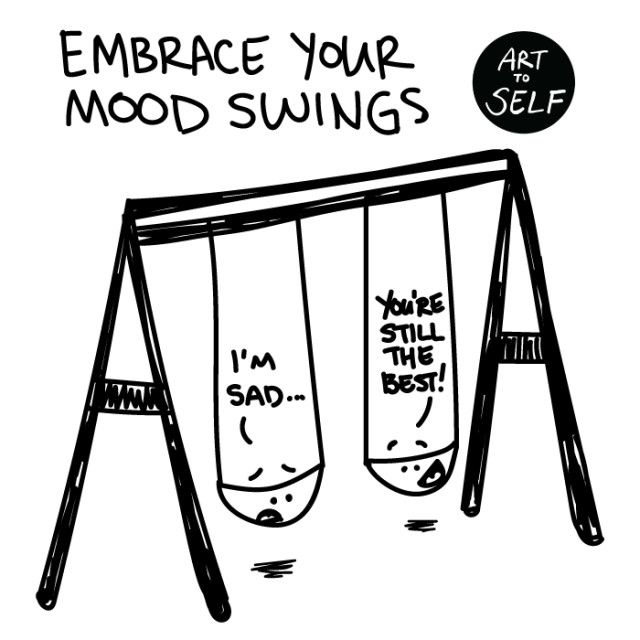 In this material, we will pay attention to the fair sex.
In this material, we will pay attention to the fair sex.
RYABUS MARINA VLADIMIROVNA
Chief physician, cosmetologist
Consultation: 5500 rubles
To make an appointment with a doctor
KOZLOVA EKATERINA NIKOLAEVNA
Gynecologist-endocrinologist
Consultation: 6000 rubles
To make an appointment with a doctor
OZTYURK IZEL ALIEVNA
Dermatovenereologist, cosmetologist, trichologist
Consultation: 4500 rub
To make an appointment with a doctor
GUSEINOVA ELVIRA ELMANOVNA
Dermatovenereologist, cosmetologist, trichologist
Consultation: 4500 rub
To make an appointment with a doctor
Tatyana Strigunova
Nurse
Nadezhda Belova
Nurse
Causes of mood swings in women
What causes changes in mood and state in women
Women who complain about an unstable emotional state are not always able to answer the question it was precisely the cause of a shaky mood, excessive emotionality, or, conversely, a sudden cold equanimity.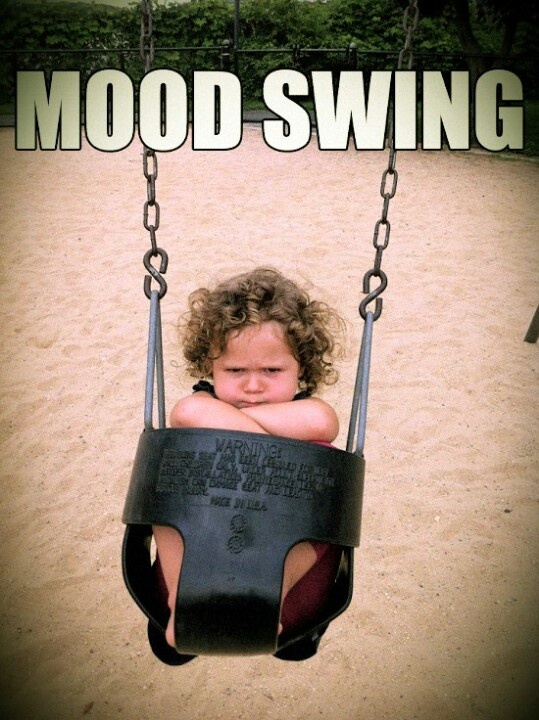 Sometimes Mood Swings Cause stress - the accumulated stress results in depression and apathy; situational stress can provoke aggression or other format of violent reaction. Stressful situations are sometimes perceived by a woman as the primary source of mood problems. But not all women can understand that they are really stressed. They complain about their well-being and condition, while arguing that everything is in order in their life and where these “swings” of mood come from is unknown.
Sometimes Mood Swings Cause stress - the accumulated stress results in depression and apathy; situational stress can provoke aggression or other format of violent reaction. Stressful situations are sometimes perceived by a woman as the primary source of mood problems. But not all women can understand that they are really stressed. They complain about their well-being and condition, while arguing that everything is in order in their life and where these “swings” of mood come from is unknown.
Emotional instability is inherent in women from thyroid disease . Their specificity causes instability of the psyche, often causes lethargy, low concentration, drowsiness.
Hormonal imbalance in general is the basis for emotional surges. That is why instability is characteristic of girls in their teens, pregnant and lactating women, women in menopause. A change in the hormonal background during ovulation and before menstruation also provokes increased emotionality and sensitivity (by the way, physical too.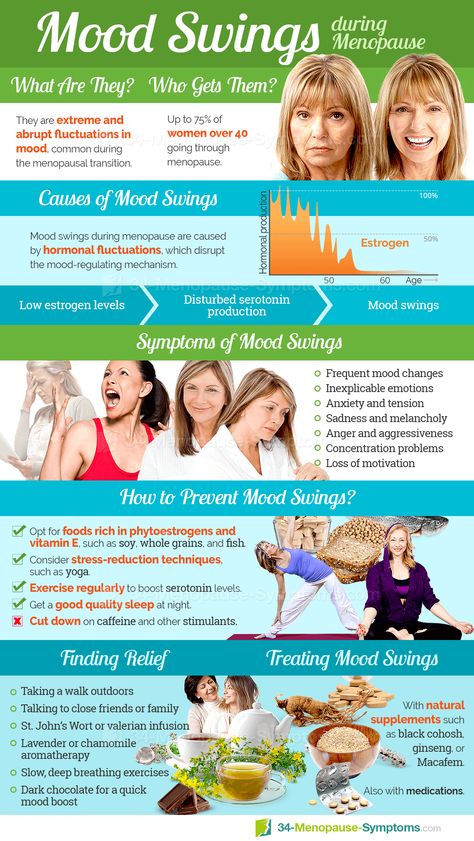 That is why we do not recommend patients with hypersensitivity to undergo cosmetic procedures on the days of ovulation and menstruation). HRT (hormone replacement therapy), chosen incorrectly, also has a negative effect on a woman's balance.
That is why we do not recommend patients with hypersensitivity to undergo cosmetic procedures on the days of ovulation and menstruation). HRT (hormone replacement therapy), chosen incorrectly, also has a negative effect on a woman's balance.
Mood swings can be provoked by taking hormonal oral contraceptives - at the stage of drug selection or when taking an unsuitable drug for a long time.
Irregular or insufficient sex life can also affect a woman's mental and emotional state. In addition, rare sex is a risk factor for the development of many gynecological diseases.
Everyone knows that bad habits (alcohol, smoking, drug use) “shatter” the psyche, disrupting neural connections, putting an excessive burden on the nervous system, liver, and heart. As a result, anxiety, suspiciousness, panic states and other unpleasant manifestations.
Lack of physical activity, lack of sleep, high mental load - these factors also provoke instability of emotions.
Reviews
Tatiana
I am happy to be among your guests in the clinic, I enjoy our communication, I am grateful for super professionalism, for giving beauty and a sense of confidence in your professional actions, protection from "age-related changes" 😊! I admire the combination of beauty, tenderness, intelligence, fortitude! With respect, gratitude and love 😘😘😘
Olga
Modern clinic with friendly staff and highly professional doctors. I received a consultation on facial rejuvenation, a procedure was proposed that completely suited me, the consultation was very detailed. Satisfied with the visit.
Irina Nikolaevna
Clean, comfortable clinic, polite staff, professional specialists. The services are of excellent quality, I have been using the services for almost a year and a half, I have never had problems with parking.
Anna and Alexander
Marina Vladimirovna, would like to thank you for the Fotona 2D rejuvenation procedure. The skin is just super, and the scars are noticeably better for both. My husband says every day how beautiful, even skin has become, his nasolabial folds have disappeared. We are very satisfied, we will come to you again!
The skin is just super, and the scars are noticeably better for both. My husband says every day how beautiful, even skin has become, his nasolabial folds have disappeared. We are very satisfied, we will come to you again!
Mood swings and cycles
Treatment of mood swings in women
To treat mood swings in women at different ages, you need to understand what exactly to treat, and this requires an extensive diagnosis. Arriving at an appointment at the Marina Ryabus clinic, the patient talks with a doctor - a gynecologist, an endocrinologist, the doctor collects an anamnesis, conducts an examination, ultrasound and other studies. Tests are prescribed, which you can take right at our clinic. We work with trusted laboratories, the best in Moscow, in terms of expertise level of diagnostics. According to the results of research in the body, violations, imbalances, pathologies are revealed. Treatment is prescribed based on the age of the patient, her reproductive plans, concomitant diseases.